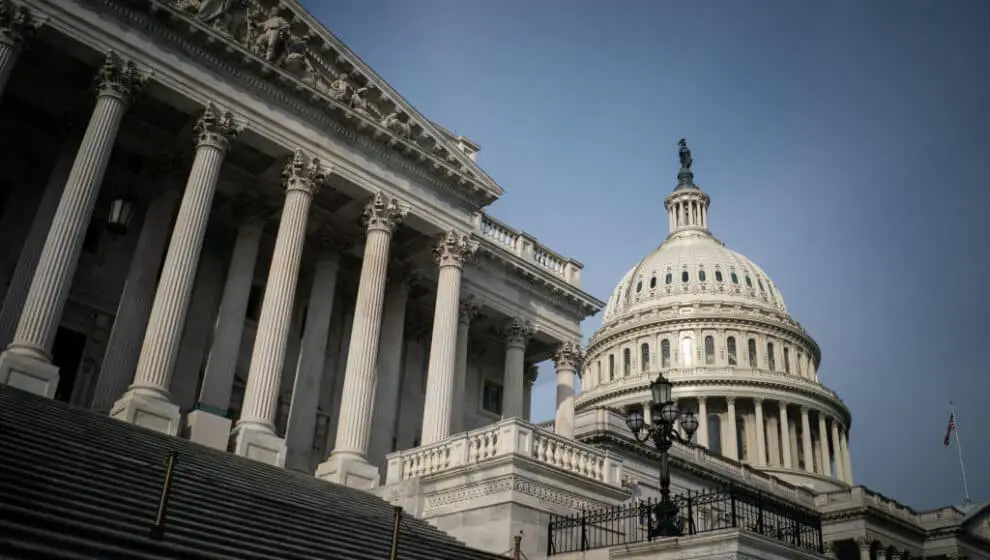The recent Edelman Trust Barometer found once again that in the countries surveyed, businesses are more trusted than governments, media, and non-governmental organizations.
Key Details
- The global survey polled 28 countries, with nearly 32,000 people participating.
- Around 62% of respondents said they trust businesses, 59% trust non-governmental organizations, 51% trust their government, and only 50% trust the media.
- In the U.S., the disparity between business and government was particularly noticeable—with 55% trusting business and only 42% trusting the government.
- “Business is the sole institution seen as competent and ethical. By contrast, government is viewed as unethical and incompetent. Business is now a stunning 54 points ahead of the government on perception of competence and 30 points ahead on ethics,” says survey founder Richard Edelman.
- As trust in businesses has grown, so has the public’s expectation of those businesses. The same survey found that respondents feel businesses should be doing more to solve climate issues and economic inequality.
- Around 69% of surveyed workers indicated that a company’s ability to have social impact affects their decision to accept a job. More than 60% say they make purchases based on brands that support their personal beliefs.
Why it’s news
As the world continues to face economic uncertainty caused by global events, overall trust in governments to solve a nation’s problems is declining. More citizens are looking to businesses to create solutions to social problems.
“A lack of faith in societal institutions triggered by economic anxiety, disinformation, mass-class divide, and a failure of leadership has brought us to where we are today—deeply and dangerously polarized,” the Edelman Report says.
In addition to a shrinking trust in government, a growing number of people are pessimistic about their economic future in the next several years. Less than half of respondents think their family will improve their economic condition in the next five years—a decline from last year.
While trust in businesses is growing, businesses that take action on social issues will open themselves up to increased criticism. Along with growing distrust of those around them, respondents have reported increased polarization in their countries.
Only 30% of respondents would help someone with differing opinions than theirs. A mere 20% would be willing to live in the same neighborhood or be coworkers with a person who disagreed with them.
Respondents may trust businesses more and expect them to take action on social issues, but extreme polarization means companies will risk alienating half of their consumers when it takes a stance on an issue.
